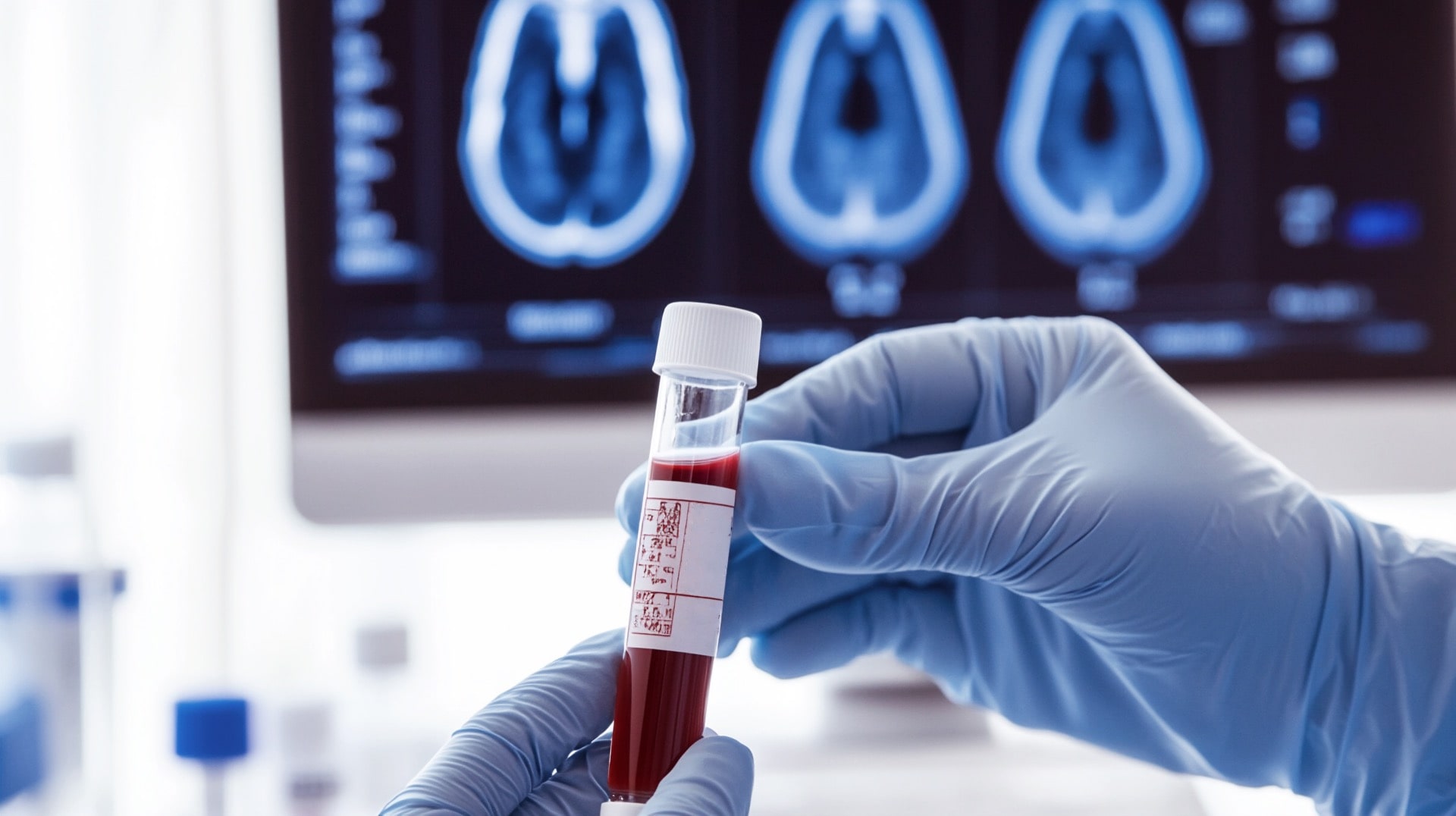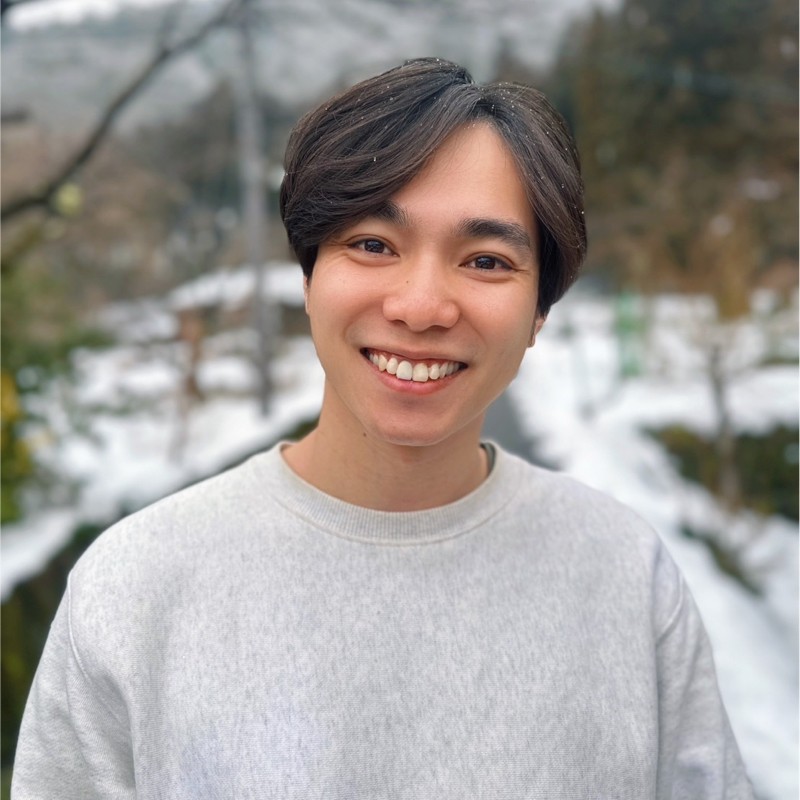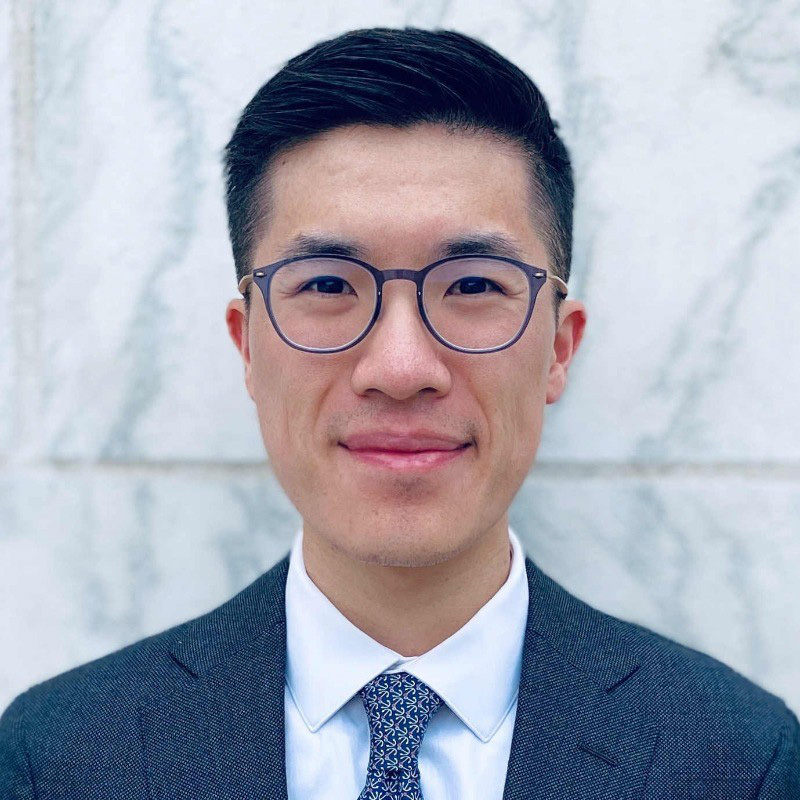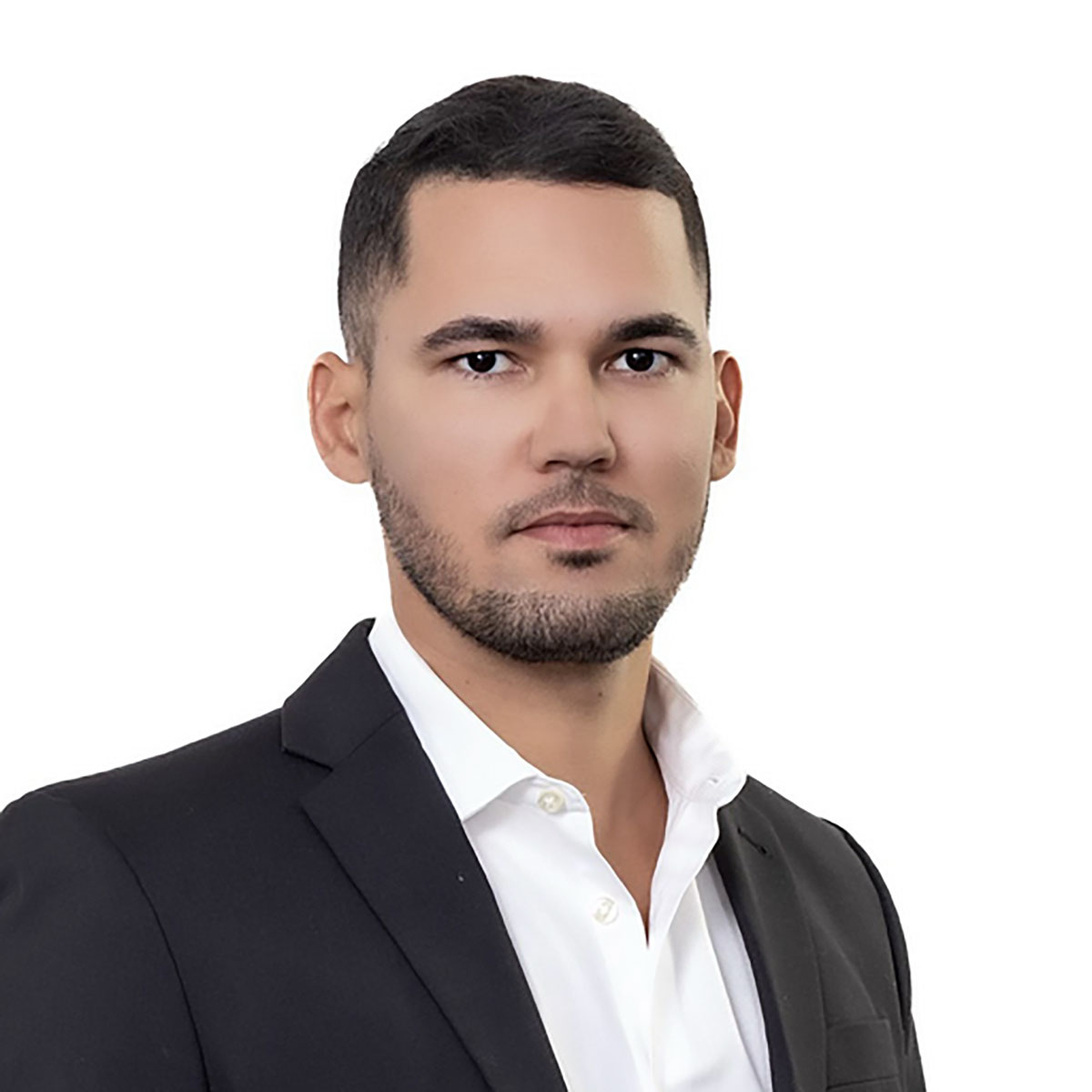Key takeaways
- Aging gracefully means maintaining mental, physical, and emotional well-being and taking steps to stay healthy as you age rather than simply preventing wrinkles or gray hair.
- Lifestyle factors, such as diet, exercise, and stress management, lay the foundation for aging well and help you maintain your health.
- Scientific breakthroughs in anti-aging supplements can counteract cellular damage and systemic inflammation. Proactive attention to health, including regular lab work, improves the odds of successful aging.
Overview
Aging is a natural process, and how you grow older largely depends on the choices you make along the way.
Contrary to the myth that aging means inevitable decline, advancements in nutrition, exercise science, and supplementation have made it possible not only to age gracefully but also to thrive.
Studies in cellular biology, mitochondrial function, and inflammation reveal that targeted lifestyle choices can slow biological aging and promote longevity.
Aging gracefully isn’t just about appearance; it’s about maintaining strength, energy, cognitive function, and overall vitality.
This article breaks down evidence-based strategies to help you thrive, not just survive, as you grow older.
What does aging gracefully really mean?
Aging gracefully isn’t about trying to look two decades younger; it’s about living with vitality and enjoying peak mental and physical performance for as long as possible. Key elements include prioritizing health, cultivating meaningful relationships, and adopting a positive mindset toward aging itself. Practices that support healthy aging are crucial for maintaining a high quality of life and overall well-being as we age. Recent research highlights that factors such as oxidative stress, mitochondrial dysfunction, and chronic inflammation accelerate cellular aging processes. These mechanisms contribute to age-related conditions such as cardiovascular diseases, diabetes, and cognitive decline. Targeting these areas is essential for long-term vitality.
The pillars of aging gracefully
- Diet: The foundation for healthspan
Adopting a healthy diet rich in whole foods not only nurtures cellular health but also actively reduces inflammation and oxidative stress.
Key components of a health-promoting diet include:
- Plenty of fruits and vegetables
- Whole grains
- Lean proteins
- Healthy fats
Eating a balanced diet of healthy foods is essential for aging gracefully and supporting your body’s needs as you age.
The Mediterranean diet, for example, is widely recognized for its benefits in promoting longevity and reducing the risk of chronic diseases. Make it a priority to eat healthy foods every day to support your overall well-being.
For those seeking more advice on nutrition and healthy eating, there are many resources available to help you make informed choices for lifelong health.
The Mediterranean diet
The Mediterranean-style eating pattern is widely linked to aging well. It includes:
- Fresh fruits and vegetables (rich in antioxidants and polyphenols)
- Olive oil (a source of monounsaturated fats)
- Whole grains and legumes (support sustained energy release)
- Omega-3-rich fish such as salmon or sardines
Following a Mediterranean diet can also help maintain a healthy weight, which is essential for overall health and protecting your kidneys from damage.
Recent studies have shown that adhering to a Mediterranean diet can lower inflammation and reduce the risk of heart disease by 30%.
Pro Tip: Manage Blood Sugar
High glucose levels can lead to glycation, a process that accelerates the deterioration of proteins in tissues such as your skin and joints. Supplements like alpha-lipoic acid and chromium can help regulate blood sugar levels. Managing blood sugar can also help reduce the risk of high blood pressure, which is a common concern as people age and is linked to an increased risk of heart disease and stroke.
- Physical activity: Move to improve longevity
Regular exercise remains one of the most potent predictors of aging gracefully. Studies link regular activity with reduced risks of chronic illnesses like type 2 diabetes, obesity, and cardiovascular disease.
Engaging in regular exercise can lower the risk of chronic diseases and mortality. Overall, physical activity can reduce the risk of age-related health problems and lower your overall risk as you age.
Types of exercises for aging well
- Aerobic exercise: Activities such as walking, swimming, and climbing stairs enhance cardiovascular health and improve mitochondrial efficiency. Aim for at least 150 minutes per week.
- Strength training: Incorporate resistance exercises. Building muscle improves metabolism and preserves bone density. Weight training is an effective way to maintain strong bones and support overall muscle health as you age.
- Balance and flexibility training: Exercises such as yoga and tai chi not only improve coordination but also actively reduce fall-related injuries in older adults. Maintaining strong bones and muscles is crucial for preventing falls and supporting mobility.
- Tracking consistency matters: Stick to a 10-minute daily schedule if time is scarce.
These activities are crucial for maintaining strong bones and healthy muscles as people age.
3. Supplements: The secret weapon for longevity
Targeted supplementation can address the very foundations of aging, from mitochondria function to inflammation control. It is essential to get enough calcium and vitamin D, either through diet or supplements, to support bone health and reduce the risk of osteoporosis as you age. Below are research-supported recommendations for graceful aging.
- Nicotinamide mononucleotide (NMN)
What it does: Boosts levels of NAD+, a coenzyme critical for cellular energy and DNA repair. Studies suggest elevated NAD+ levels improve physical endurance and may extend life spans in animal models.
- Resveratrol
What it does: Found in red wine, resveratrol activates sirtuins, proteins linked to improved metabolic health. It also mimics calorie restriction, delaying markers of aging.
- Curcumin
What it does: This anti-inflammatory powerhouse combats oxidative damage. It is linked to improved joint, heart, and cognitive health in aging populations. Look for formulations with Bioperine for enhanced bioavailability.
- Omega-3 fatty acids
What it does: Improves brain health, reduces triglycerides, and mitigates inflammation. Whether from fish oil or algae, EPA and DHA have profound benefits for longevity.
- Coenzyme Q10 (CoQ10)
What it does: Protects against cardiovascular diseases while aiding mitochondrial energy production. CoQ10 is especially beneficial after the age of 40, when natural levels in the body begin to decline.
- Collagen peptides
What it does: Promotes skin elasticity and reduces wrinkles while supporting joint and gut health.
Pro Tip: Supplementation works best alongside lifestyle changes
Each supplement amplifies its benefits when combined with lifestyle modifications, such as improved sleep, stress management, and regular physical activity. Taking care of your health through both supplements and positive lifestyle changes is essential for aging gracefully.
The importance of mental health
Your mind plays an equal role in aging gracefully. Studies show that social engagement, mindfulness practices, and stress management are directly correlated with cognitive longevity. Depression and cognitive impairment are common concerns among older adults, making mental health support essential.
- Practice gratitude: Writing three things you’re grateful for strengthens neural connections that promote optimism.
- Be socially active: Regular interactions reduce feelings of loneliness and improve cognitive performance.
- Challenge your brain: Sudoku, crossword puzzles, learning a new language, or other intellectual pursuits keep neural pathways robust. Staying mentally active is crucial in helping to prevent memory loss. Cultivating a sense of curiosity and engagement supports overall mental well-being.
Why does it matter?
Aging gracefully is not just about benefiting yourself; it also sets an example for younger generations. It’s about taking control of what you can: diet, exercise, mental frameworks, and supplementation while understanding and accepting what lies beyond your control.
The choices you make now lay the groundwork for not just adding years to your lives but life to your years. As we age, our bodies undergo numerous changes that can impact our physical health, making it even more crucial to adopt habits that support vitality and manage health conditions. Striving for good health throughout the aging process should be a primary goal, ensuring both longevity and a high quality of life.
Bottom line
Aging well is within your control when you take consistent, science-backed steps. Start by consulting your doctor to track essential biomarkers and maintain regular health check-ups. Prioritize a nutrient-rich, Mediterranean-style diet, stay physically active with strength, aerobic, and balance exercises, and explore targeted supplements with professional guidance.
Support your mental and emotional health through mindfulness practices, quality sleep, meaningful social connections, and engaging hobbies. Stay curious, try new things, and commit to habits that help you thrive, physically, mentally, and emotionally, as you age.
Frequently asked questions (FAQs)
- What is the best exercise for graceful aging?
Research shows that a combination of aerobic, resistance, and balance training is most effective. Each type of exercise helps counteract physical changes that occur with age and contributes uniquely to longevity.
- Are supplements necessary for anti-aging?
A balanced diet should always be foundational. However, some people are at a higher risk for deficiencies as they age, so targeted supplements like NMN, resveratrol, and omega-3 fatty acids can address aging pathways more directly.
- Can mental health influence physical aging?
Yes, chronic stress accelerates cellular aging through oxidative stress. According to the National Institute on Aging, practices like mindfulness, gratitude, and active social engagement can mitigate these effects and support resilience.
- Which anti-aging diet is most effective?
The Mediterranean diet ranks highly for its anti-inflammatory and heart-protective benefits. Specific nutrients, such as calcium and vitamin D, are risk factors for age-related diseases if deficient. Avoid refined sugars and opt for whole, nutrient-dense foods instead.
- What is the most crucial supplement for 50+ individuals?
For individuals aged 50 and above, CoQ10 and omega-3s are crucial, as they effectively target heart, mitochondrial, and cognitive health. Some individuals in this age group are at a higher risk of nutrient deficiencies so supplementation may be necessary.
References
- Marcheggiani, Fabio, et al. “Modulation of Coenzyme Q10 content and oxidative status in human dermal fibroblasts using HMG-CoA reductase inhibitor over a broad range of concentrations. From mitohormesis to mitochondrial dysfunction and accelerated aging.” Aging, vol. 11, no. 9, 10 May 2019, pp. 2565-2582.
- Mayo Clinic Staff. “Aging: What to expect.” Mayo Clinic, 1 Nov. 2024.
- Paultre, Silvia, et al. “Curcumin: A Golden Approach to Healthy Aging: A Systematic Review of the Evidence.” Nutrients, vol. 16, no. 16, 2024, article 2721.
- Smoliga, James M., et al. “A healthier approach to clinical trials evaluating resveratrol for primary prevention of age-related diseases in healthy populations.” Aging, vol. 5, no. 7, 20 July 2013, pp. 495-506.
- Troesch, Barbara, et al. “Expert Opinion on Benefits of Long-Chain Omega-3 Fatty Acids (DHA and EPA) in Aging and Clinical Nutrition.” Nutrients, vol. 12, no. 9, 2020, article 2555.
- Yi, Liao, et al. “The efficacy and safety of β-nicotinamide mononucleotide (NMN) supplementation in healthy middle-aged adults: a randomized, multicenter, double-blind, placebo-controlled, parallel-group, dose-dependent clinical trial.” GeroScience, vol. 45, 2023, pp. 29-43.








